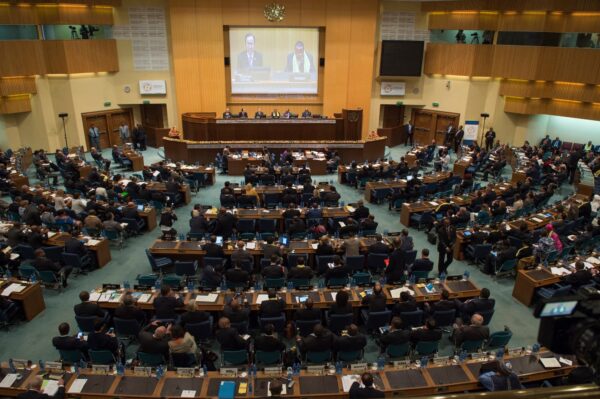Despite the withdrawal of the United States, the member states of the United Nations approved, on June 25, 2025, the Seville Compromise, the final document of the fourth international conference on development financing. This decision, the result of several months of multilateral negotiations, marks an important step in mobilizing resources to achieve the Sustainable Development Goals (SDGs) by 2030.
This text, supported by a majority of states, will be officially adopted at the Seville summit, scheduled from June 30 to July 3. It does not propose a new roadmap, but strengthens the commitments of the Addis Ababa Action Agenda of 2015, with a particular focus on expanding fiscal space, increasing tax revenues, public debt sustainability, and enhanced international cooperation.
The withdrawal of the US administration, which refused to associate itself with the text, nevertheless left a mark. Jonathan Shrier, interim representative to ECOSOC, expressed the US opposition to several provisions of the compromise, particularly those related to the governance of international financial institutions, tax cooperation, and the proposal to triple the lending capacities of multilateral development banks.
Despite this absence, diplomats present in New York welcomed the compromise reached. “This conference is a rare opportunity to demonstrate that multilateralism can still produce concrete results,” said Li Junhua, UN Assistant Secretary-General for Economic and Social Affairs. The ambassador of Nepal, Lok Bahadur Thapa, described the agreement as a “historic opportunity” to strengthen the global development agenda.
Following in the footsteps of previous conferences in Monterrey (2002), Doha (2008), and Addis Ababa (2015), the Seville summit aims to lay the foundations for a coherent response to an estimated $4 trillion annual deficit in financing sustainable development. A major challenge at a time when inequalities are widening and public and private investment remains insufficient in many countries in the Global South.


